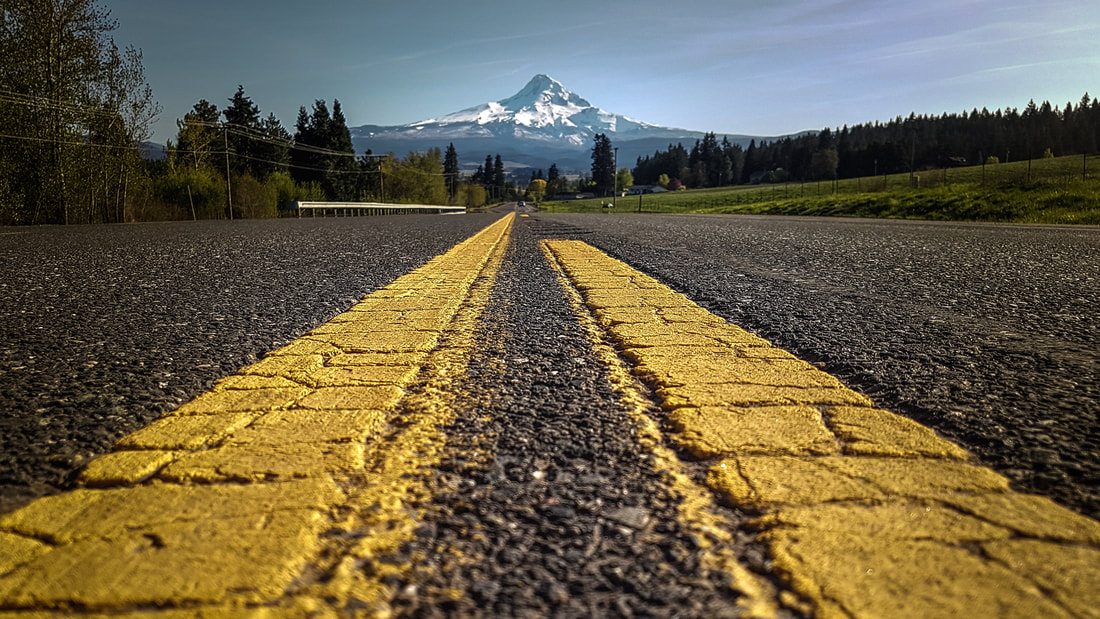|
The U.S. Department of Transportation will restore a sacred Native American site in Oregon that was demolished 15 years ago to make way for a highway turn lane, with the federal agency agreeing to plant new foliage and rebuild an altar at the location known as the Place of Big Big Trees. Through a 22-321-284224-20231005102617383_joint-20stipulation-20to-20di.pdf">joint stipulation to dismiss filed Thursday in the U.S. Supreme Court, the DOT and members of the Confederated Tribes and Bands of the Yakama Nation and the Confederated Tribes of Grand Ronde laid out plans to restore the site that once was part of a Native American trading route. Known as "Ana Kwna Nchi Nchi Patat," the rock cluster site is on the slopes of Oregon's Mount Hood and was used by Native Americans as a place to hunt, fish, bury their dead and perform religious ceremonies. The site, which is less than an acre, also consisted of graves, a campground and old-growth trees. As part of the settlement agreement, the federal government will replant a grove of native trees, pay for the reconstruction of the stone altar and "recognize the historic use of the site by Native Americans," according to a statement from the plaintiffs' attorneys at Becket Fund for Religious Liberty. Hereditary Chief of the Confederated Tribes and Bands of the Yakama Nation Wilbur Slockish and Carol Logan, an elder and member of the Confederated Tribes of Grand Ronde, sued the federal government in 2008 after a project adding an extra lane to U.S. Route 26 leveled Ana Kwna Nchi Nchi Patat, arguing that the construction ran afoul of the National Environmental Policy Act, the National Historic Preservation Act and other federal laws. In court filings, the elders said they often visited the site to pray, gather sacred plants and pay their respects to their ancestors until it was demolished. "Our sacred places may not look like the buildings where most Americans worship, but they deserve the same protection, dignity and respect," Logan said in a statement Thursday. "It is heartbreaking that even today the federal government continues to threaten and destroy Native American sacred sites, but I'm hopeful that our story and this settlement agreement can help prevent similar injustices in the future." The agreement comes after the two, as well as the nonprofits Mount Hood Sacred Lands Preservation Alliance and Cascade Geographic Society, petitioned the Supreme Court in October 2022 to reverse a Ninth Circuit ruling that rejected the lawsuit as moot because the state agency in charge of the highway project has immunity. The Ninth Circuit upheld its decision in May 2022, when it announced that none of its judges had requested a vote on whether to rehear the case. Calling that decision a "transparent effort to dodge the weighty merits issues at the heart of this case," the plaintiffs told the Supreme Court that federal officials could easily take steps to restore the sacred site. A mootness finding is appropriate only when it would be impossible to grant judicial relief, they argued, saying such measures would still be feasible even though the Oregon Department of Transportation obtained an easement for that location during the expansion work. In order to restore the tribes' altar, the federal government will first determine if the Oregon Department of Transportation or its employees are in possession of any materials associated with the site, according to the agreement. Any recovered materials associated with the site will be given to Slockish and Logan for reconstruction of the altar, while items that were previously unidentified will be considered through the National Historic Preservation Act along with consultation with federally recognized tribes as to their proper disposition. Slockish and Logan will also be given keys to an existing gate on the property to gain access for ceremonial and cultural uses. Within one year of the agreement's execution, the elders and the federal government will work together to install an informational sign within the Wildwood Recreation Site reflecting the importance of the area to Native Americans. "The plaintiffs understand that the United States is required to consult with the federally recognized tribal governments connected to the area regarding the proposed sign language," the agreement says. The DOT on Friday declined to comment on the settlement. The plaintiffs are represented by Luke W. Goodrich, Joseph C. Davis, Daniel L. Chen, James J. Nicita and Diana Marie Verm Thomson of the Becket Fund for Religious Liberty and Keith A. Talbot of Patterson Buchanan Fobes & Leitch, Inc. The government is represented by Reuben S. Schifman, Tim Simmons, Allen M. Brabender, Katelin Shugart-Schmidt and Joan M. Pepin of the Justice Department's Environment and Natural Resources Division. The case is Wilbur Slockish et al. v. Department of Transportation et al., case number 22-321, in the U.S. Supreme Court.
0 Comments
Leave a Reply. |
HISTORY
April 2024
Categories |
© Walk 4 Change. All rights reserved.


 RSS Feed
RSS Feed